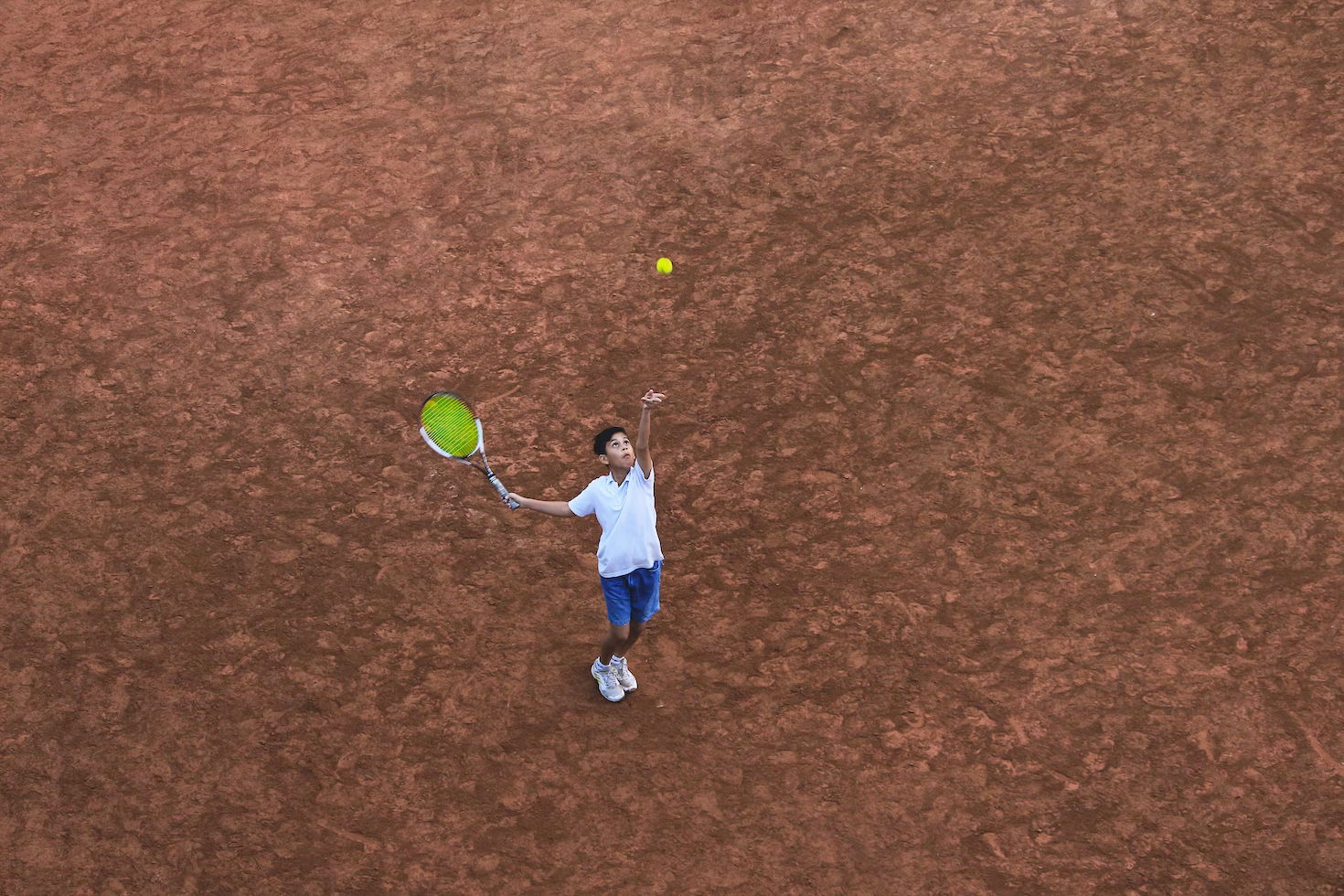What’s a Good Sports CCA for Your Primary School Child?
Submitted by KiasuEditor

Photo courtesy of Unsplash
Want to get your primary school child started on a sports CCA or co-curricular activity?
Here are several reasons why parents in Singapore do this:
- They are former athletes, know the scene well, and want their children to follow in their footsteps
- Some parents feel that the new PSLE scoring system has raised the bar for entry into popular schools, and hope their children can secure admission through sports instead
- Other parents are concerned about options in the longer term — for instance, being in a school’s competitive sports team can help students to attain CCA bonus points that can be used for junior college or polytechnic admission
These are valid reasons, but we would like to encourage parents to think beyond school admissions, and consider the real benefits of sports participation for children, which include:
- Physical health benefits such as improved bone health and increased cardiorespiratory and muscular fitness
- Mental and emotional health benefits, e.g. lower rates of anxiety and depression, and higher self-esteem
- Social health benefits like improved teamwork skills
Need a summary of all the ways that sports can change your child’s life for the better? Read and save this report!
Unfortunately, the reality in Singapore is that the majority of our kids and teens don’t play enough sports. This is why joining a sports CCA can be a great way to ensure that your child is on track to a healthy life. In fact, here’s what one local sports coach told us:
“I know kids who have grown up in sports, as well as others who haven’t, and the difference is often drastic. I firmly believe that sports can help kids develop confidence, perseverance, and resilience. Kids can learn life skills from sports that they will carry with them in whatever they choose to pursue.”
Below, we’ll highlight the different ways to get your child involved in a sport during the primary school years. But please don’t create stress for your child — and yourself — by setting lofty goals such as representing the school or country! Instead, have fun with the process and encourage your child to remain open to trying new activities. If there is something that your child truly likes, he or she will be the first to let you know.
Check Out the Sports CCAs in School
This is the easiest place to begin — by seeing what activities your child’s primary school offers, and getting your child to pick any sport that appeals to him or her. Although CCA participation is not compulsory in primary school, schools do strongly encourage students to join an activity, so that they can nurture an interest in a group setting.
When it comes to sports, some schools focus on letting their students try out several sports, without requiring them to commit to a sport at an early age. Other schools have built up a tradition and reputation for being ‘strong’ in certain sports such as swimming and badminton. In such schools, you may find that there are ‘recreational’ or ‘fun’ clubs for beginners, where those who display an aptitude for the sport may eventually be invited to join the school’s competitive teams.
It’s perfectly fine if your child prefers to play a sport for recreation. Do respect your child’s decision, and don’t push him or her to do more. On the other hand, if your child is interested in taking things to the next level, this will typically involve competing, which brings with it a wealth of life lessons such as perseverance and resilience.
Connect with Sports Coaches
If you sense that your child wants to participate in competitions, do contact the CCA sports coaches for advice. They are likely to suggest training at an external venue, where your child can receive greater personal attention to hone specific skills. At this point, you will then have to decide if you want to invest time and money in these additional sessions. It is with private coaching that costs will start to add up, so tread carefully if you’re on a tight budget!
It also helps to know what the success criteria is for progression in your child’s sport. For instance, how often are school team tryouts held, and what skills and qualities do coaches look for? You should also ask for an honest assessment of your child’s aptitude and potential for advancement from the coach.
However, be mindful that sports coaches may have their own business interests at heart, so you don’t have to accept their recommendations wholesale. You can also do your own research, or find your own ways to support your child. To give an example, some parents attend workshops to learn how the scoring system works for sports such as gymnastics, so that they can give useful pointers to their children while watching performance playback videos.
Contact National Sports Development Agencies
If you have a naturally athletic child but cost is a concern, you can look up local sports development programmes where training costs are generally kept affordable. Do enquire with your child’s school about the Junior Sports Academy programme that Primary 4 and 5 students can apply for, in order to discover their sporting strengths and interests.
You can also look at ActiveSG’s academies and clubs, which provide training for kids and teens. As you browse the different sports, you will realise that there is a clearer development pathway for certain sports, such as basketball, canoeing, football, hockey, and table tennis. But regardless of whether there are talent grooming opportunities, the sports classes offered by ActiveSG may be a good starting point for your child.
Apart from ActiveSG, you can also contact local sports associations for advice on affordable lessons, and these include:
We hope that through the above channels, your child will be able to find a sport that he or she loves, and play it for life!